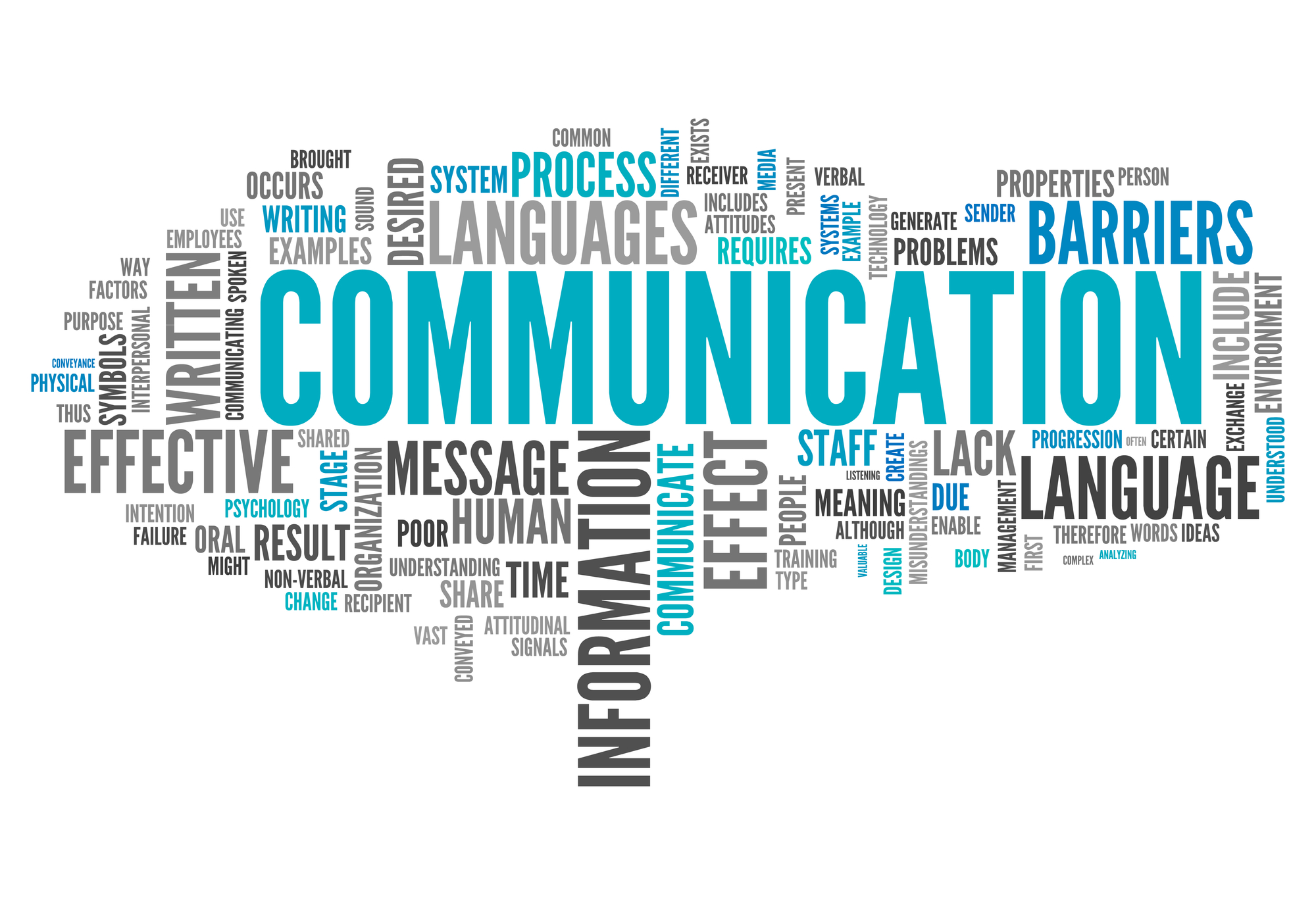Effective leaders know their way of communicating have a great impact on how people feel and on the way people work. Destructive communication leads to lower trust and productivity, people who criticise each other and a place where people will primarily look after themselves. In an environment where people communicate constructively on the other hand, there will be a more open and candid atmosphere with higher trust and respect, where it is much easier to solve sensitive issues and where productivity increases.
I encourage people to communicate constructively. I even point out to them when they are communicating constructively and when they are not. But for long the feeling of what is constructive has primarily been instinctive. So I took some time to nail down what I think communicate constructively practically mean. Here are my thoughts:
Get the facts right
This is like doing your homework before any real communication can happen. I usually take some time and ask what has happened before I give my opinions or advice. I find that in coaching or counselling situations this is especially important. I also try to gather the facts from several sources, when possible, to make sure they they all give a consistent picture. If you have a sensitive issue at work, I would encourage you to give everyone involved a chance to tell you what happened before you make judgments.
Focus on the problem
It is important to focus on the problem instead of the person causing the problem. By focusing on the problem we are putting focus on something we can do something about instead of a person. The problem can for example be a destructive behaviour. If we focus on the person, they will feel attacked and become defensive. We can focus on the problem by saying “Your shouting is not very constructive” instead of saying “You are so bad!”.
Be specific
It is important to be specific about what the issue is. If we shall give someone a chance to change their behaviour we also need to be specific with what we want them to change. I had a manager once that I told, “I would appreciate if you did not look at your screen while I am talking to you”. I could later let him know that I had indeed seen a change in his behaviour. I also try to avoid expression like ‘never’ or ‘always’. For example, “you never make the dishes” or “you are always so angry”. This is never [sic] very helpful, rarely true and certainly not particularly constructive.
Be open with your thoughts and feelings
There are time when it can be better to keep your motives and feelings hidden but normally it is more constructive to let the other person know what is going on in your mind and heart. We can not expect others to be mind readers. Giving insight to your inner world will also bring forward unspoken expectations.
Feelings are also something that is impossible to argue with. No one can say that you do not feel what you are indeed feeling. Most people does also understand feelings, although some are better at putting words to their feelings than others. A constructive way of communicating is to connect the bad behaviour with the feeling and also giving them an alternative, desired behaviour. For example, “I do not feel you are respecting your colleagues when you are arriving 15 minutes late, can you please be on time when we have these meetings?”.
Keep calm
Verbal communication is only a little part of our total communication. We also communicate with our tone of voice, body language and facial expression, to mention a few. We are skilled in recognising this type of communication even thought we might not be aware of it all the time. It is therefore important that your nonverbal communication is constructive as well. It has also been shown that when different impressions are conflicting, we tend to rely on what we see instead of what we hear. I find that by keeping calm, I have saved many conversations from escalating into a nasty shout fights.
Listen and acknowledge
Communication is not just about conveying a message, it is also making sure that what you say is perceived in the right way. This is done through asking questions, listening and acknowledge what the person is saying. When you are making sure to understand what they are saying, they will likely do the same to you.
You might also have an instinctive feeling of what it means to communicate constructively. Do you think I have forgotten something or would you agree with the points I have given?
